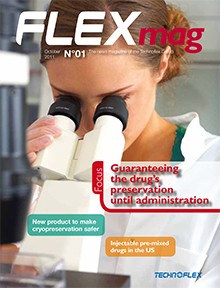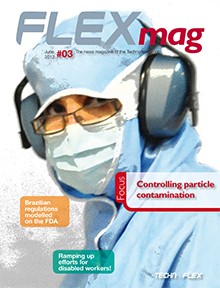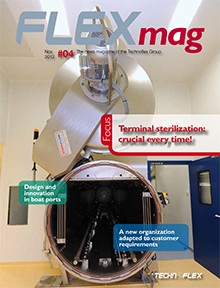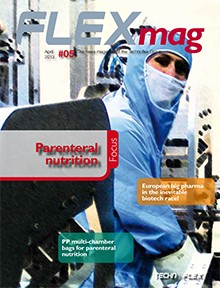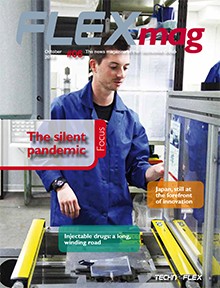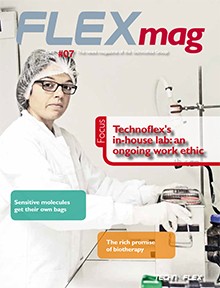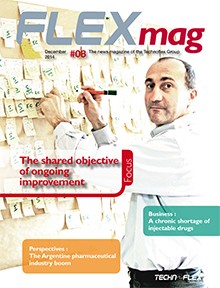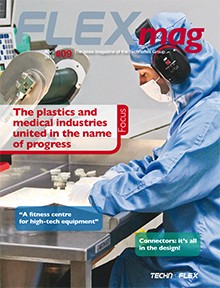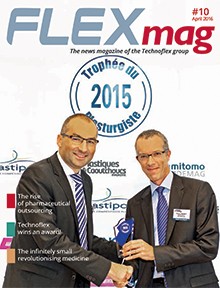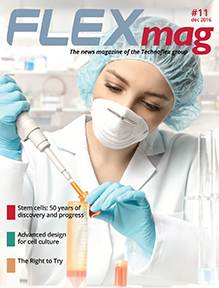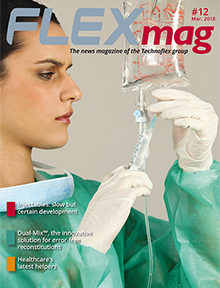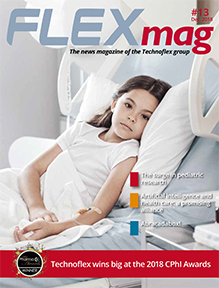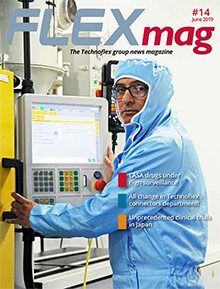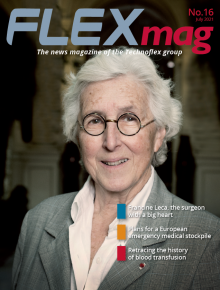Plans for a European emergency medical stockpile
Recurring shortages of key drugs now affect many countries, leading to sometimes serious repercussions for the health and safety of patients. European countries are no exception, as the coronavirus pandemic has demonstrated. These observations have set alarm bells ringing across Europe, which now wants to set up an industrial-scale pharmaceutical
strategy and secure the funding to make it happen.
Last August, a report on drug shortages was submitted to the European Parliament by the Committee on the Environment, Public Health, and Food Safety.
It highlighted Europe’s significant dependence in relation to the production of active ingredients and, therefore, the manufacture of essential drugs. The figures speak for themselves: the EU imports 40% of the drugs marketed inside its borders, while 60 to 80% of the active ingredients are made in China or India.
Overwhelmingly backed by 79 votes to 1, the report describes the actions that must be taken to put a lasting end to these shortages. It advises EU member states to share existing best practices in relation to stock management, develop a common drug procurement policy, and implement coordinated joint health strategies.
Another major goal is to re-establish European pharmaceutical sovereignty to safeguard the manufacture of essential drugs. To do this, the production of many active ingredients will need to be brought back to Europe, as has already happened with the production of those used in the latest generation of bioengineered drugs (biotechnologies).
Lastly, as the COVID pandemic has made these shortages painfully obvious, the report insists on the need to establish a strategic stockpile of essential drugs that would form part of the EU’s resources under its Civil Protection Mechanism.
A Key Role for RescEU
Whenever natural or man-made disasters occur, the European Civil Protection Mechanism coordinates aid and assistance between the 33 participating states. It is called into action whenever a country’s ability to respond to a threat is overwhelmed by the magnitude of the situation. Since its inception in 2001, the Mechanism has been called on more than 330 times by European and non-European countries, amply proving its value. Human and non-human resources are pooled by the participating states, while the EU oversees funding and coordination.
The RescEU project was put together in December 2018 and adopted the following year. The newly created RescEU reserve enhances the existing Mechanism by adding firefighting planes and helicopters o its resources. With experts, medical evacuation planes, and stockpiles of medical equipment and field hospitals ready to be deployed, RescEU now possesses an airborne fleet that can respond rapidly to health emergencies as well as chemical, biological, radiological, or nuclear incidents wherever they occur and whatever their magnitude. All EU member states would have equal access to the European emergency stockpile of essential drugs. If incorporated into the RescEU mechanism, it would provide a clear and lasting safeguard against the risk of shortages.
Sylvie Ponlot



